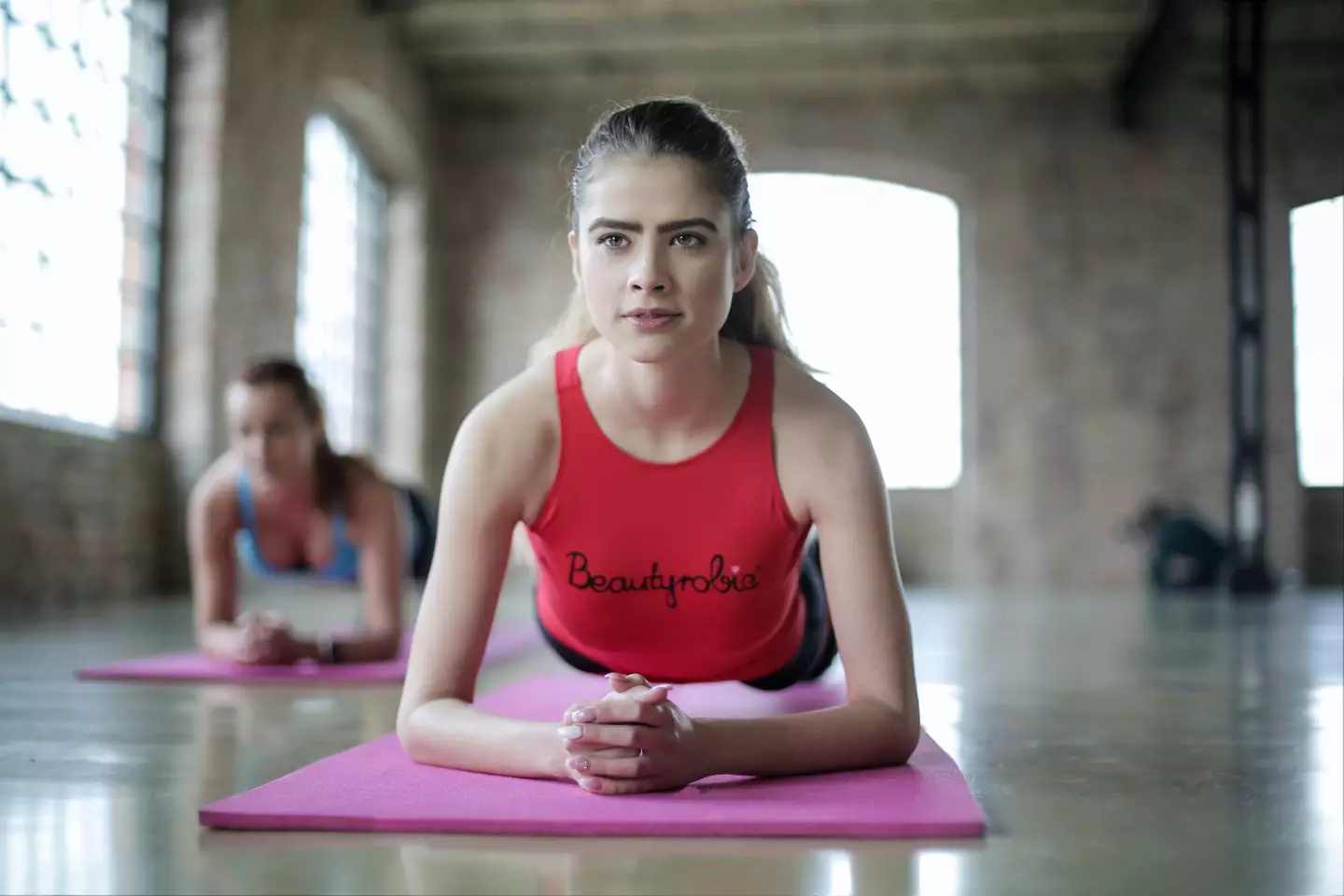
After a bit of a boozy festive season and maybe one too many pints in the pub, your liver may need a detox by the time January swings around.
Earlier this year, a report claimed that almost nine million people were planning to quit drinking for the whole month of January.
However, this wellbeing movement isn’t a coincidence - it’s an annual alcohol-abstaining challenge known more commonly as Dry January.
Advert
The movement began back in 2013 and was delivered by Alcohol Change UK (formerly known as Alcohol Concern).
11 years later, the charity is expecting to sign up a whopping 200,000 Dry January participants - but will you be one of them?
If you’re toying with the idea of giving up liquor but aren’t sure of the benefits, then the Priory Group is on hand to help.
The organisation has detailed exactly what happens to your body when you give up alcohol, including what side effects you may experience and when.
Depending on how frequently you consume alcohol, your body may go into withdrawal during the early days of Dry January.

They explained that within the first 24 hours, you could experience mild symptoms of anxiety, sweating or headaches.
These withdrawal symptoms are expected to subside around 48-72 hours after you stop drinking. And within three to seven days, most people can apparently expect their symptoms to disappear entirely.
However, if you have a severe alcohol dependency, then the 12-72 hour mark could see you experience what’s known as delirium tremens (DTs).
The latter sees the sufferer dealing with intense withdrawal symptoms such as hallucinations, high blood pressure and disorientation.
After completing the first week of Dry January, the Priory Group states that you’ll experience an improved sleeping pattern, and potentially be more creative.

You should also have more energy than usual, make better decisions, and save up to £22.44 if you’re partial to a bottle of wine or two on a Friday night.
In your second week of Dry January, the organisation says that your stomach acid production will be stabilised and that your sensitive stomach may be no more.
They also highlight that after a fortnight of cutting out the booze, you may shed some weight due to giving up the extra, empty calories.
And when week three comes around, your overall kidney health will have improved and the risk of you suffering a stroke will have lowered.
The article - which was medically reviewed by Sarina Wheatman of the Federation of Drug and Alcohol Professionals - also says that your blood pressure will reduce after three to four weeks of abstaining.

As a final hurrah, week four is bound to bring you better-looking and hydrated skin.
Your potentially-damaged liver should be recovered and will help to increase energy levels, fight infection and regulate blood clotting.
By the end of the month, the Priory Group claims that those who used to buy a glass of wine every evening at the pub will have enough money to pay for a year-long Netflix subscription.
And those whose tantalising tipple is a beer should be able to treat themselves and their significant other to a theatre trip!
So, while the initial withdrawal symptoms may seem difficult to overcome, it’s pretty safe to say that Dry January has its high points.
Will you be one of the thousands signing up for the challenge this year?
For more information, see Alcoholchange.org.u
Topics: Food and Drink, Mental Health, Health
